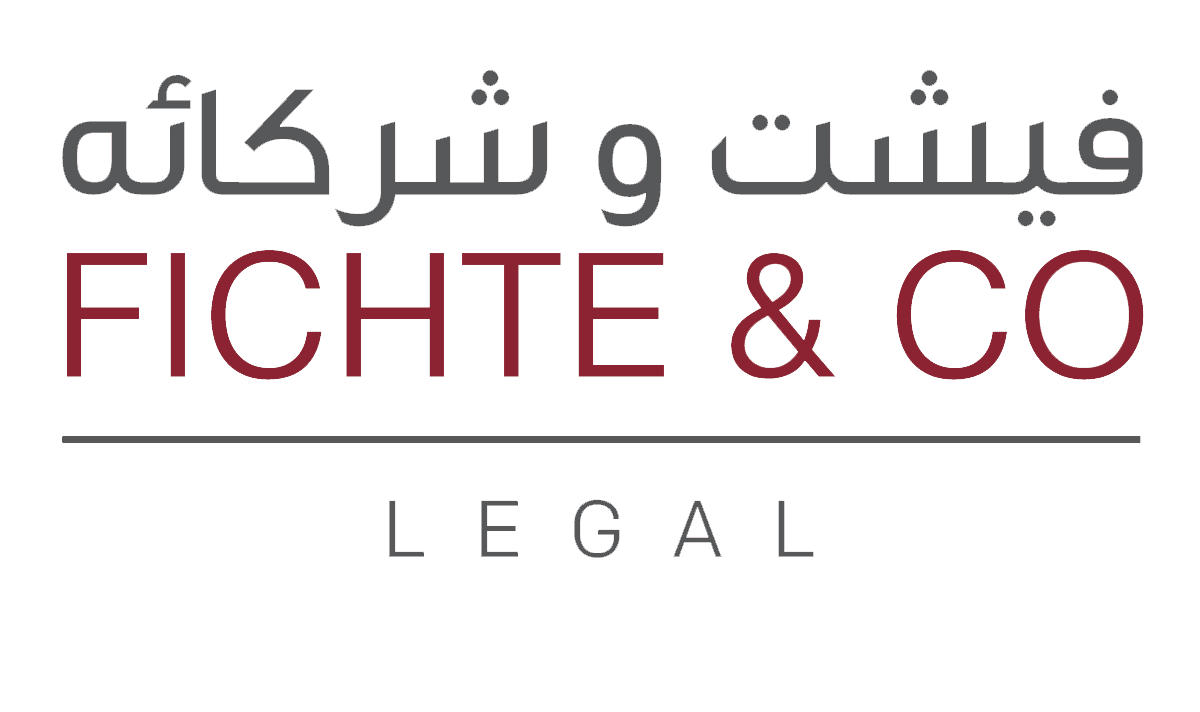Introduction
Offering an augmented revising to the legal structure bordering consumer protection, Federal Law No. 24/2006 on the Consumer Protection (the “Former Law “), has been rescinded and replaced with Federal Law No. 15/2020 on Consumer Protection (the Consumer Protection Law). The new law alterations offer additional fortification towards the consumer entitlements within the United Arab Emirates (“UAE“).
As this new law was issued on 10 November 2020 by His Highness Khalifa bin Zayed Al Nahyan, there is a one-year conversion period relevant towards the pertinent entities and persons in order to observe these previsions. This has been backed by Article 33 of the Consumer Protection Law, that those to whom the provisions of the law are applicable too must guarantee that they are completely in compliance with the same by 10 November 2021 or as prolonged by a resolution from the Cabinet.
The law encompasses all goods and services within the UAE, including free zones, and all correlated operations undertaken by advertisers, suppliers, commercial agents, including via electronic means subject to the supplier being registered within the UAE. If the E-commerce amenity supplier is not registered in the UAE, the Ministry of Economy will not be held accountable for any e-commerce dealings that are conducted amid clienteles and out of state e-commerce amenity suppliers. As electronic service providers have been incorporated towards the definition of the supplier within the Consumer Protection Law; this move can be granted as a substantial development towards the mass e-commerce dealings within the State, as making such extension of such endeavors, poses as a valuable element towards the progress of e-commerce usage within the UAE.
Key provisions Consumer Protection Law condensed
- As per Article 4(5), protecting the privacy and security of a consumer’s data has become an obligation and prohibits the unauthorized use of the consumers’ data, whether it be for promotional and marketing purposes. This poses an obligation on suppliers and corporates to safeguard their customers’ data and to protect their rights. Thus, it is recommended that businesses implement ample schemes and computer software to ensure appropriate conformity to forestall any infringement of the consumers right. Additionally, Article 4(6) seeks to respect the customers’ religious values, customs and traditions when supplying him with any good or obtaining any service to regard people’s beliefs.
- Article 5 outlines a new committee called “the Supreme Committee for Consumer Protection” to be established with the competent persons as chosen by the Minister. The duties of the committee involve perusing consumer protection reports, study obstacles confronted by the law, analysis of suggestions and recommendations pertaining the consumer rights, develop programs and strategies to increase consumer awareness, studying proposals by the Minister then issuing recommendations accordingly and supplementary functions as supposed appropriate allocated by the council of ministers. Overall, the responsibilities of the committee are to monitor the consumer rights and protection regime within the State to keep a record of the legal framework provided.
- As cited by Article 8, when the supplier is presenting an advertisement to the consumer delineating information about the goods and/or services provided to the consumer, it is the suppliers’ duty to make sure that information provided should not be misleading to the consumer. It is imperative when offering a good for sale; the supplier must clearly mention the cost of that good/service. Moreover, the invoice provided by the supplier to the consumer should outline the trade name, address, type of good, its price and quantity, or the type of service, its price and details, and any other data specified by this law. Importantly, it must be observed that the invoice should be in Arabic, and additional languages may be included as required. In relation to the information offered, Article 17 supports this provision by further delineating that the supplier, advertiser, and the commercial agent are forbidden from describing the good or service in a way that contains improper information and from assembling any misleading advertisement in connection therewith.
- It is important to note that as per Article 18, the supplier is barred from marketing goods or services or from applying general price discounts until they obtain an authorized approval prior from the Competent Authority.
- Article 22 remarks that the Ministry shall oversee the execution of the overall strategy for consumer protection with the competent authorities to make sure that the consumers’ rights are protected overall, including undergoing other responsibilities, such as but not limited to, generating awareness, reviewing criticisms and taking the suitable measures, issuing decisions and more as required by the Law in order to attain a safe and strong setting for the consumer in order to avert deceit and other fraudulent obstructions.
- Article 25 denotes that all e-commerce suppliers registered within the State including working in the field of commerce, shall be required to provide the customers and competent authorities with their names, legal status, address, licensing authorities and satisfactory information in Arabic regarding the services they provide, conditions, contractual terms, compensation, and warranty conditions. These responsibilities do not pertain to e-commerce providers based beyond the UAE. This permits the customer to get a full glimpse of the business and its relations to get a translucent view.
- The Consumer Protection Law provides a clearer view of the penalties that are imposed on the suppliers, including the fine amount, which was not present in the former law. Suppliers who advertise their goods or services in a way that is untruthful and disingenuous, suppliers who fail to inform the Ministry if there has been a detection in their product that could cause a threat to the consumer, failing to abide with transparent and readable cataloguing on the cover or package concerning the product, failing to restore or exchange a faulty product or re-perform a service exclusive of charge and delivering deceptive charges for their products, can face imprisonment for up to two years and a fine not exceeding AED 2 million as declared by Article 29. It should be noted that the penalties will be doubled up in the event of recurrence. It is anticipated that these harsher sentences will present added security to customers and safeguard that supplier remain compliant with these requirements. Furthermore, Article 31 mentions that the respective court, upon conviction for the crimes mentioned within the law, can undergo the following actions as necessitated: confiscating or abolishing the good, materials and tools employed, ordering the closure of the shop or place where the unlawful act occurred for a duration not exceeding three months, or producing a publication of the court ruling in two daily local newspapers, with one being in Arabic at the expense of the convicted.
Conclusion
It can be seen that the Consumer Protection Law aims to safeguard the consumers from the risks arising from both e-commence and normal platforms, and the Ministry of Economy has ingrained the consumers’ entitlements and has re-recapitulated the significance of consumers’ data safety and confidentiality. With the rise of e-commerce programs within the UAE market, the law allows for more protection towards the management of these platforms, and this allies with the UAE’s image of becoming a telecommuting hub in the future whilst ensuring the consumers’ rights are protected. Overall, the law is posed beneficial to consumers of such goods and services as their rights are considered and sheltered, and for suppliers, commercial agents and others offering services, the law provides appropriate measures to be undertaken to perform smooth operations to be in line with the best global practices towards the business and consumers.



